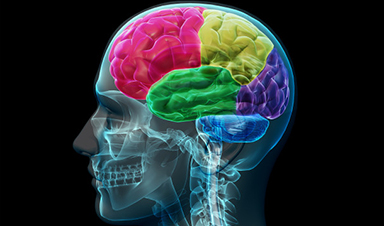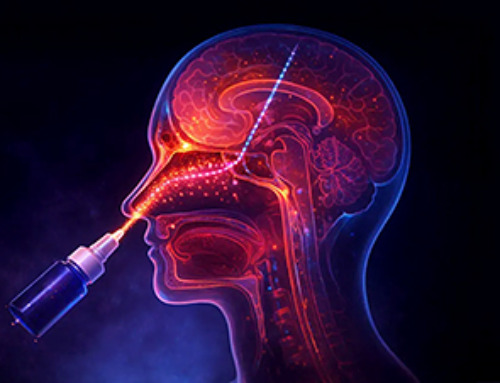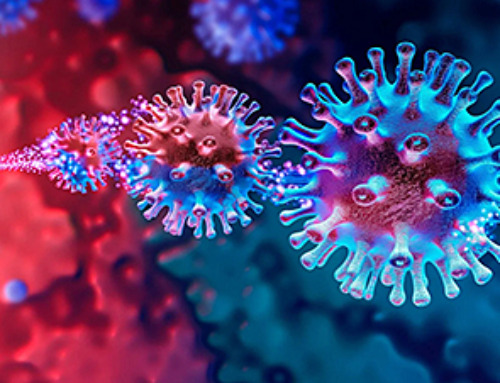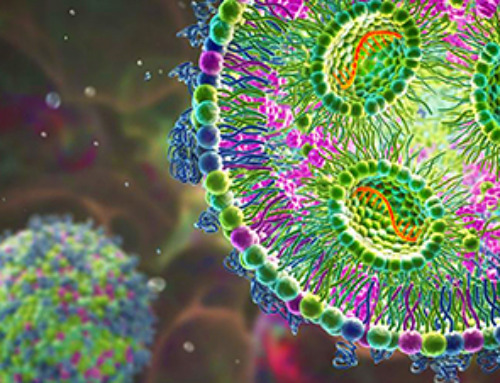Sure, artificial intelligence might end up being the downfall of humanity as we know it — that is, if Elon Musk’s fears come to fruition — but for the time being it’s actually quite useful. A new research effort by an international team of scientists reveals that machine-learning algorithms can be a powerful tool for medicine. The group, which published its work in the journal Nature, managed to create and train an AI to successfully identify different types of brain tumors with impressive accuracy.
In order to identify between different types of brain cancer, the team needed some criteria the computer could use to differentiate between them. With over 100 types of brain tumors already in the medical record, the process of identification can be tricky even for human doctors. The researchers used a DNA process called methylation as a sort of biological fingerprint and taught the AI to tell the difference between which of those fingerprints match specific cancer types.
Like all machine-learning algorithms, the AI needed a base of knowledge from which to draw comparisons. The team fed the computer the data of 2,800 cancer patients as a starting point, allowing it to identify an impress 91 different types of tumors. Then, they asked the computer to identify the type of tumor in over 1,000 known samples and found that the AI’s judgement didn’t match up with the human diagnosis in a number of cases.
As it turns out, the computer wasn’t incorrect in its identification; human doctors had misdiagnosed roughly 12 percent of the previously studied samples and the AI was correct.
Image Credit: Shutterstock
News This Week
Miller School Researchers Pioneer Nanovanilloid-Based Brain Cooling for Traumatic Injury
A multidisciplinary team at the University of Miami Miller School of Medicine has developed a breakthrough nanodrug platform that may prove beneficial for rapid, targeted therapeutic hypothermia after traumatic brain injury (TBI). Their work, published in ACS [...]
COVID-19 still claims more than 100,000 US lives each year
Centers for Disease Control and Prevention researchers report national estimates of 43.6 million COVID-19-associated illnesses and 101,300 deaths in the US during October 2022 to September 2023, plus 33.0 million illnesses and 100,800 deaths [...]
Nanomedicine in 2026: Experts Predict the Year Ahead
Progress in nanomedicine is almost as fast as the science is small. Over the last year, we've seen an abundance of headlines covering medical R&D at the nanoscale: polymer-coated nanoparticles targeting ovarian cancer, Albumin recruiting nanoparticles for [...]
Lipid nanoparticles could unlock access for millions of autoimmune patients
Capstan Therapeutics scientists demonstrate that lipid nanoparticles can engineer CAR T cells within the body without laboratory cell manufacturing and ex vivo expansion. The method using targeted lipid nanoparticles (tLNPs) is designed to deliver [...]
The Brain’s Strange Way of Computing Could Explain Consciousness
Consciousness may emerge not from code, but from the way living brains physically compute. Discussions about consciousness often stall between two deeply rooted viewpoints. One is computational functionalism, which holds that cognition can be [...]
First breathing ‘lung-on-chip’ developed using genetically identical cells
Researchers at the Francis Crick Institute and AlveoliX have developed the first human lung-on-chip model using stem cells taken from only one person. These chips simulate breathing motions and lung disease in an individual, [...]
Cell Membranes May Act Like Tiny Power Generators
Living cells may generate electricity through the natural motion of their membranes. These fast electrical signals could play a role in how cells communicate and sense their surroundings. Scientists have proposed a new theoretical [...]
This Viral RNA Structure Could Lead to a Universal Antiviral Drug
Researchers identify a shared RNA-protein interaction that could lead to broad-spectrum antiviral treatments for enteroviruses. A new study from the University of Maryland, Baltimore County (UMBC), published in Nature Communications, explains how enteroviruses begin reproducing [...]














Leave A Comment